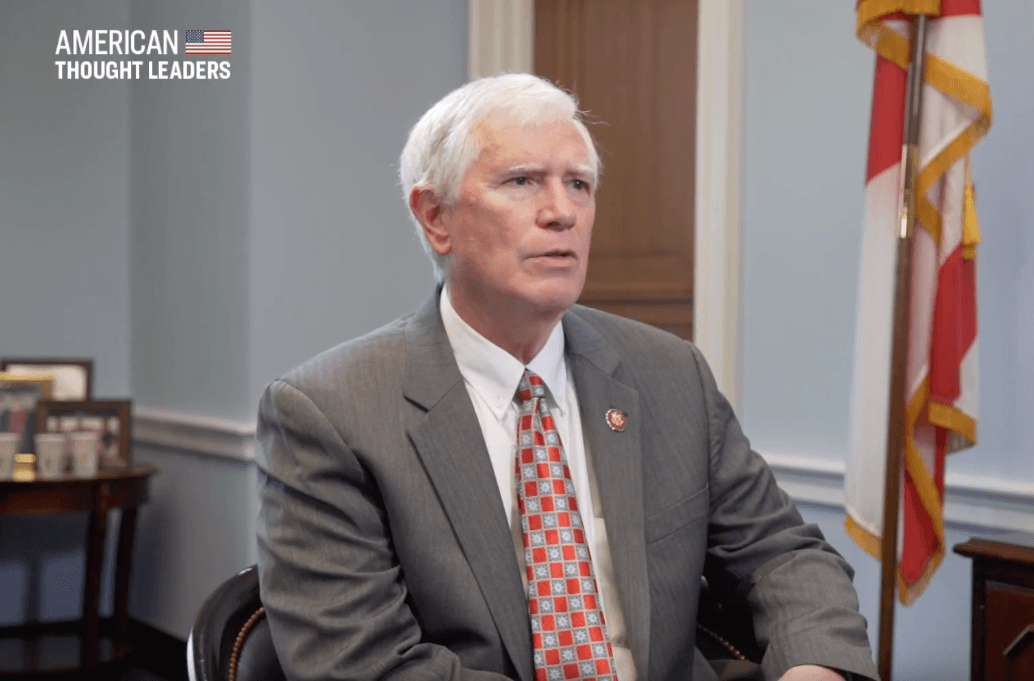Rep. Mo Brooks (R-Ala.) confirmed that he’s planning to challenge the Electoral College’s votes when Congress certifies the presidential election on Jan. 6, 2021, during the Joint Session of Congress.
“In my judgment, if only lawful votes by eligible American citizens were cast, Donald Trump won the Electoral College by a significant margin, and Congress’s certification should reflect that,” Brooks told Politico in a report on Dec. 2. “This election was stolen by the socialists engaging in extraordinary voter fraud and election theft measures.”





